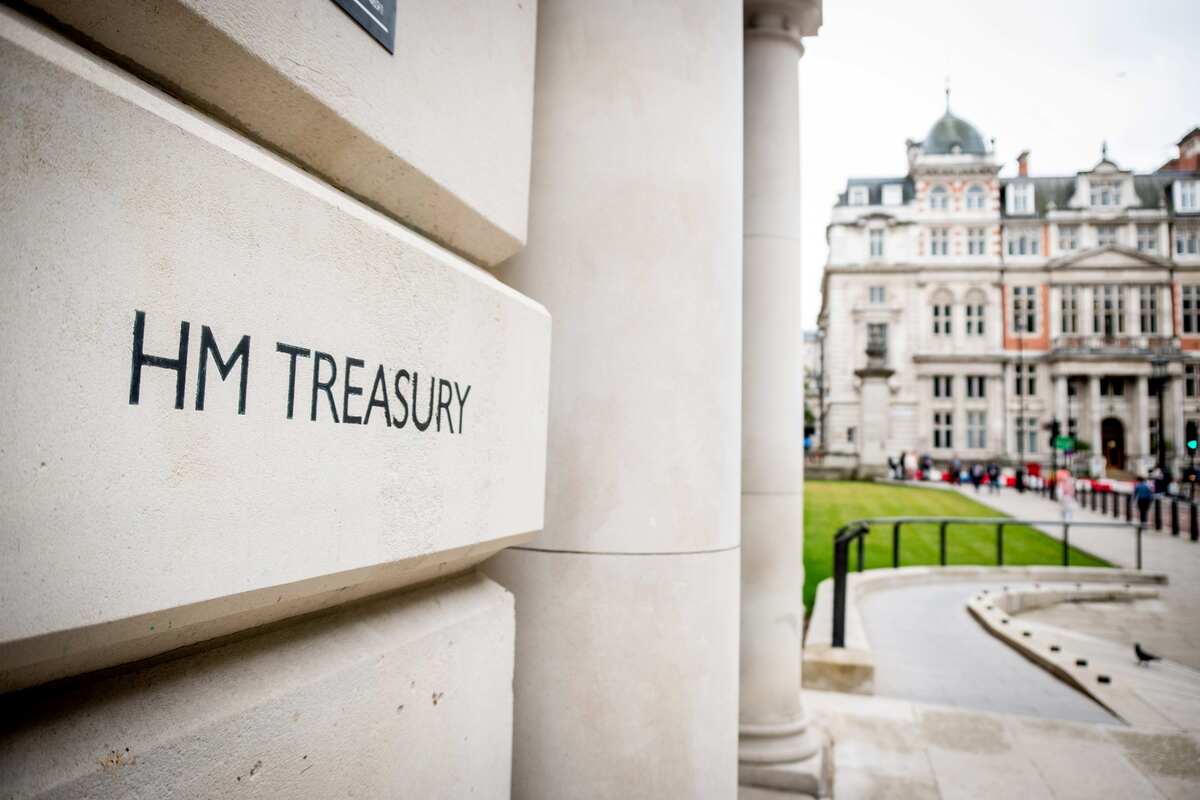Rebalancing the Licensing Act
One of the largest shake-ups of licensing legislation is being pushed through at record pace by the Government. Solicitor Graeme Cushion explains the effect any new bill might have on licensing applications.
**
THE PROBLEM
**
The problem is essentially one of the newly formed Government trying to make its mark on licensing through new legislation.
Due to extreme ministerial pressure, the Rebalancing the Licensing Act Home Office consultation has not even been carried out in accordance with the Government's own Code of Practice, which allows at least 12 weeks for such a consultation and more if it coincides with the holiday period in August.
This consultation took place over a six-week period and ended in early September. It is not yet clear whether we are shortly to be presented with a bill incorporating all or some of the measures proposed in the consultation.
THE LAW
Well, of course, licensed premises are currently governed by the Licensing Act 2003 and the various amendments which have been made to it by subsequent legislation, such as the Violent Crime Reduction Act and the Policing and Crime Act.
What is proposed under the consultation represents a huge overhaul of the licensing regime with key points as follows:
The licensing authority to become a responsible authority
This effectively means that without any input from any interested party or other responsible authority, the licensing authority can object to an application which has been made and, therefore, drive it to a hearing which it would then adjudicate upon.
Equally, the licensing authority could start a review of the licence itself, even if the police didn't want to do so or, indeed, anyone else. Again, it would be adjudicating upon the review hearing it had started.
All police representations and recommendations to be accepted unless they are clearly irrelevant In essence, this means that the police can produce a large list of incidents which they say relate to your premises and they must be accepted without challenge.
This is very scary since the vast majority of such lists that we see are carved right down as a result of the way that the incidents have been recorded. Some incidents are recorded against premises even if they are closed and something just happens in the vicinity.
Currently, we have the ability to make sure that such an incident was not considered by the committee but that would no longer be the case under the proposal.
The majority of appeals remitted back to the licensing committee The majority of appeals to the Magistrates' Court would simply be referred back to the licensing committee, which would mean that publicans lose their right for another tribunal to take a fresh look at the evidence presented and the accuracy of the decision made.
This is particularly scary when you combine it with having the licensing authority as a responsible authority. It could bring a review, decide on the review and then decide on the appeal.
There are also proposals to complicate the TENs procedure, reduce closing times and introduce a levy to the night-time economy.
While some of the proposals are dubious in terms of compliance with human rights legislation, this could be the largest and, indeed, most negative shake-up of licensing for years.
EXPERT ADVICE
The best advice here has got to be keeping in touch with what is going on through the Home Office website, any trade bodies that you are involved in and, indeed, the press.
The ministerial pressure mentioned above is likely to lead to this happening very quickly indeed. In keeping with current trends, it is likely that the bill will be no more than an enabling piece of legislation, which means there will be plenty of gaps to be filled in by way of subsequent regulations.
BEWARE!
Mainly the Home Office. These changes are likely to happen fast so make sure you're up to date. The biggest threat is the ministerial will to push this through at a rapid pace.
CONTACT
****Graeme Cushion, partner, Poppleston Allen
**
MORE INFORMATION
**Keep up with all the changes at the Home Office website

















